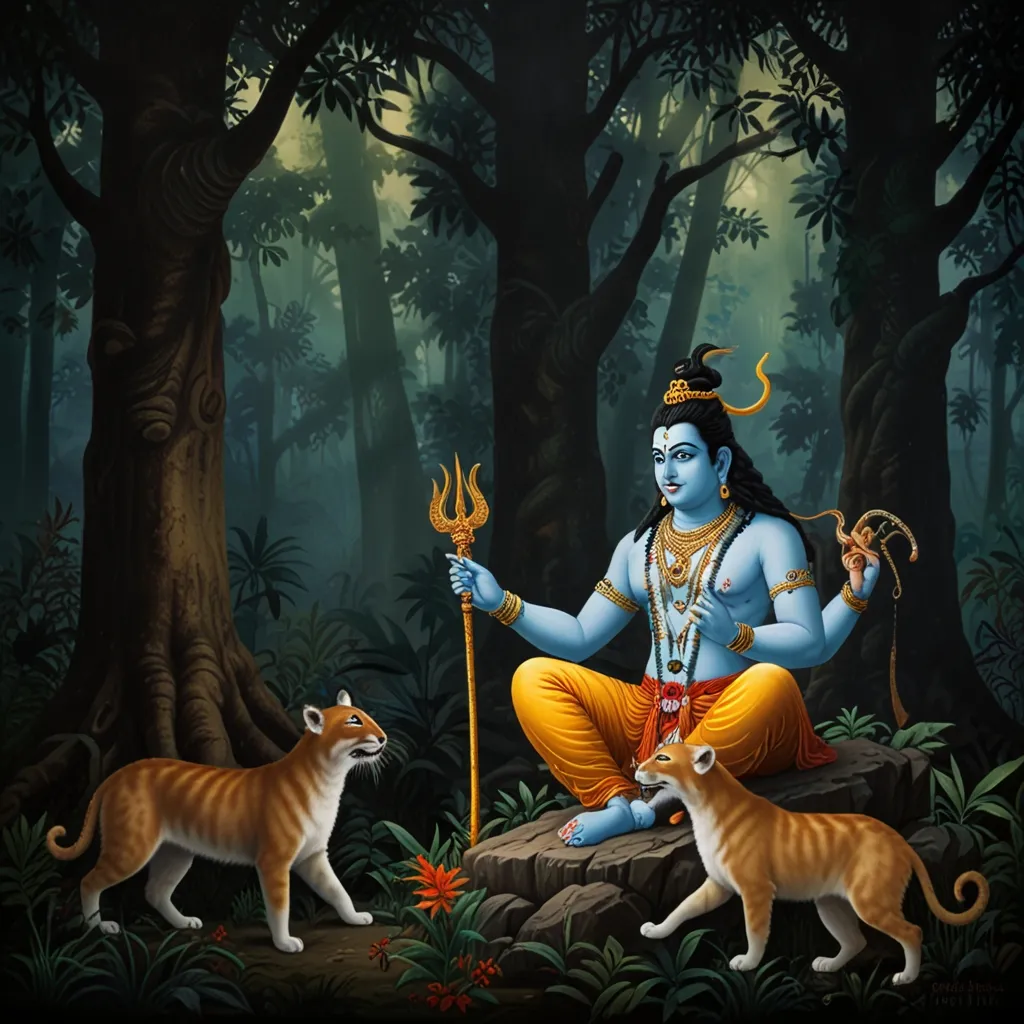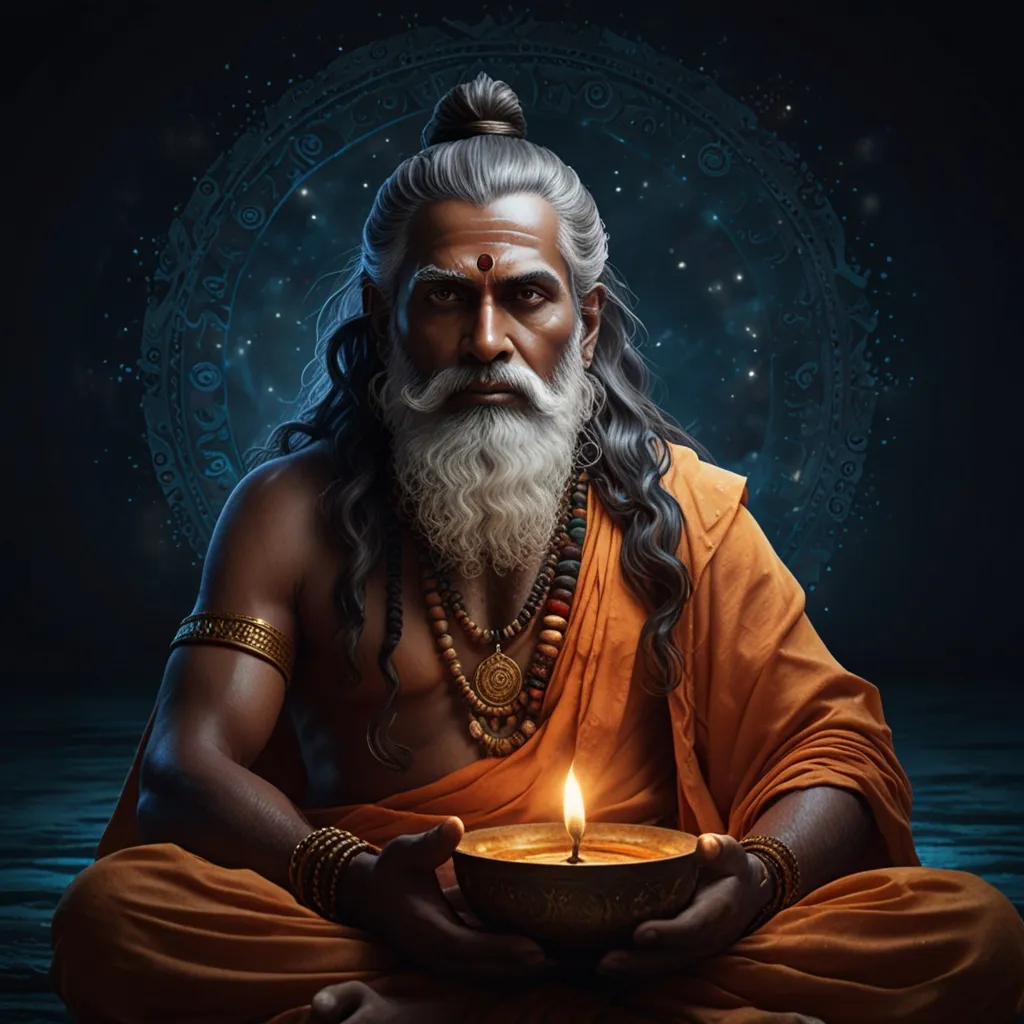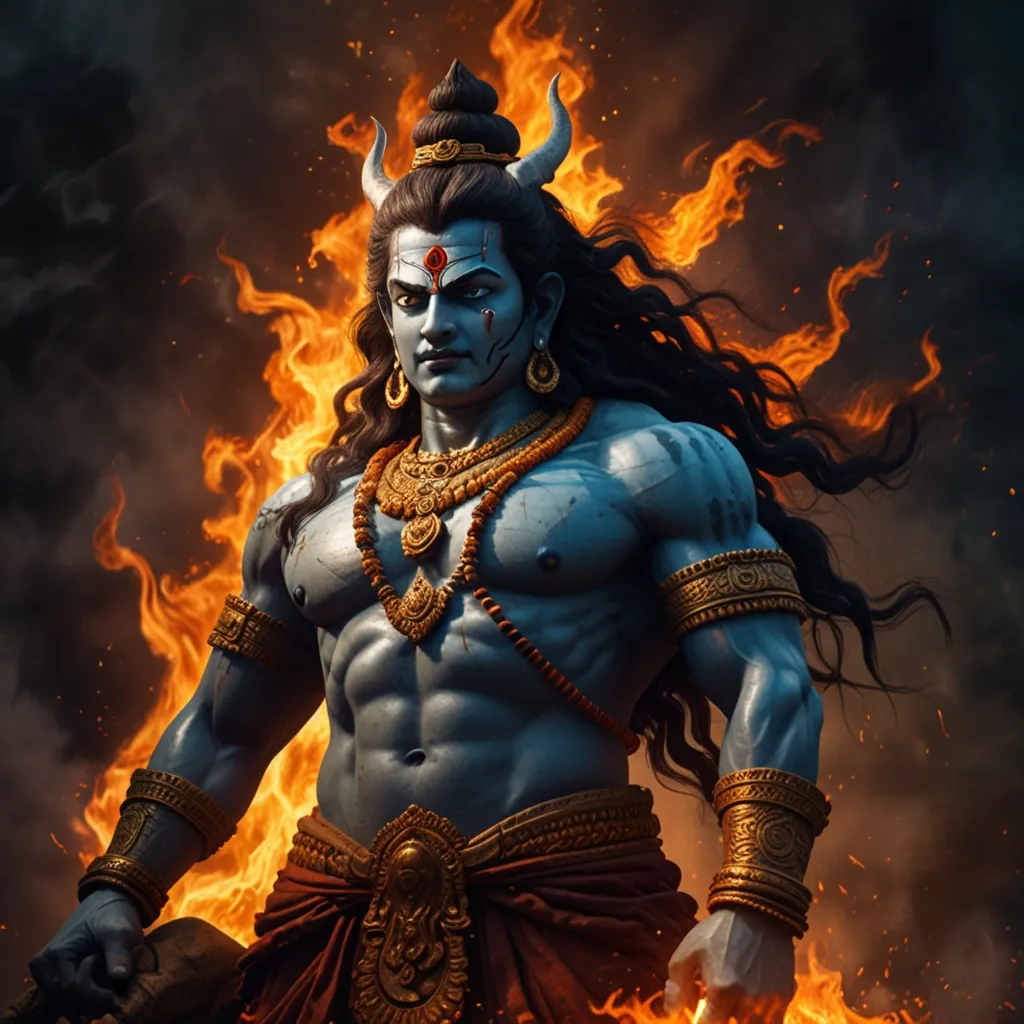Hindu mythology is like a colorful, intricate tapestry filled with gods, heroes, and mind-boggling tales of epic proportions. One such riveting tale is that of Shiva and the Pandavas. This story weaves together the divine and the mortal, showing how fate and free will often dance together in a cosmic ballet.
First off, get to know Shiva, the deity who plays multiple roles with finesse. Known as the destroyer in the Hindu trinity, he’s more than just a harbinger of destruction. Imagine a supreme yogi meditating on a mountaintop, a fierce warrior dancing with the universe’s energy, and a loving husband who adores his wife, Parvati. Shiva’s presence is felt everywhere, from peaceful mountain peaks to the buzzing streets of our cities.
Now, let’s shift to the Pandavas, the five heroic brothers around whom the Mahabharata largely revolves. These guys were born to King Pandu and his queens, Kunti and Madri. From day one, they were destined for greatness, though life kept throwing curveballs their way. Yudhishthira, the eldest, is all about righteousness. Bhima is the muscle of the group; Arjuna is the unparalleled archer. Nakula and Sahadeva, the twins, bring beauty and wisdom to the table.
One day during their exile, the Pandavas stumbled upon a mysterious hunter while wandering through a forest. Spoiler alert: it was Shiva in disguise, testing these brothers. Shiva, as the hunter, put them through a series of trials meant to test their character and resolve.
The first trial? Hunting a mystical deer sent by Shiva. They gave it their all, but that deer was slippery! Frustrated and completely drained, they returned to their camp only to find their food had been swiped by a thief. Guess what? That thief was also Shiva in disguise.
Bhima, who had a temper that matched his strength, decided to go after this thief. He ran like the wind but quickly figured out that he couldn’t catch up, no matter how hard he tried. That’s when it dawned on him that this was no ordinary thief, but a divine being testing their limits.
Arjuna, the sharp intellect of the crew, suggested they seek guidance from Krishna, their mentor. Krishna’s advice? Pray to Shiva for help. And pray they did, with all their heart. Their sincerity paid off big time. Shiva, moved by their devotion and determination, showed himself in his full, divine form.
Pleased with their humility and resilience, Shiva blessed the Pandavas with boons—divine gifts—that would be crucial in their fight against their lifelong enemies, the Kauravas. The blessing was a beaming light for the Pandavas, a promise of victory in the gigantic war of Kurukshetra that lay ahead.
This encounter transformed the bond between Shiva and the Pandavas. It wasn’t just about physical strength anymore; it was about spiritual resilience and humility. An important lesson emerged: divine grace can light the path for those who seek it with pure hearts, even in life’s darkest moments.
As the war of Kurukshetra approached—a battlefield soaked in blood, betrayal, and fierce clashes—the Pandavas leaned heavily on Shiva’s blessings. This war was no small event; imagine intense armies fighting under scorching suns, day after day.
Yet despite the brutality, there was honor and duty, a cosmic balance at play. Eventually, justice triumphed, and good vanquished evil, reiterating that mighty forces always find a harmonious balance within the cosmos.
In a nutshell, this tale captures the very essence of Hindu mythology, where gods and mortals share a close-knit relationship. They significantly influence each other’s lives, teaching profound life truths through dramatic yet graceful narratives. It’s all about how, amid chaos and uncertainty, seeking divine help with a sincere heart can guide you towards success and inner peace.






